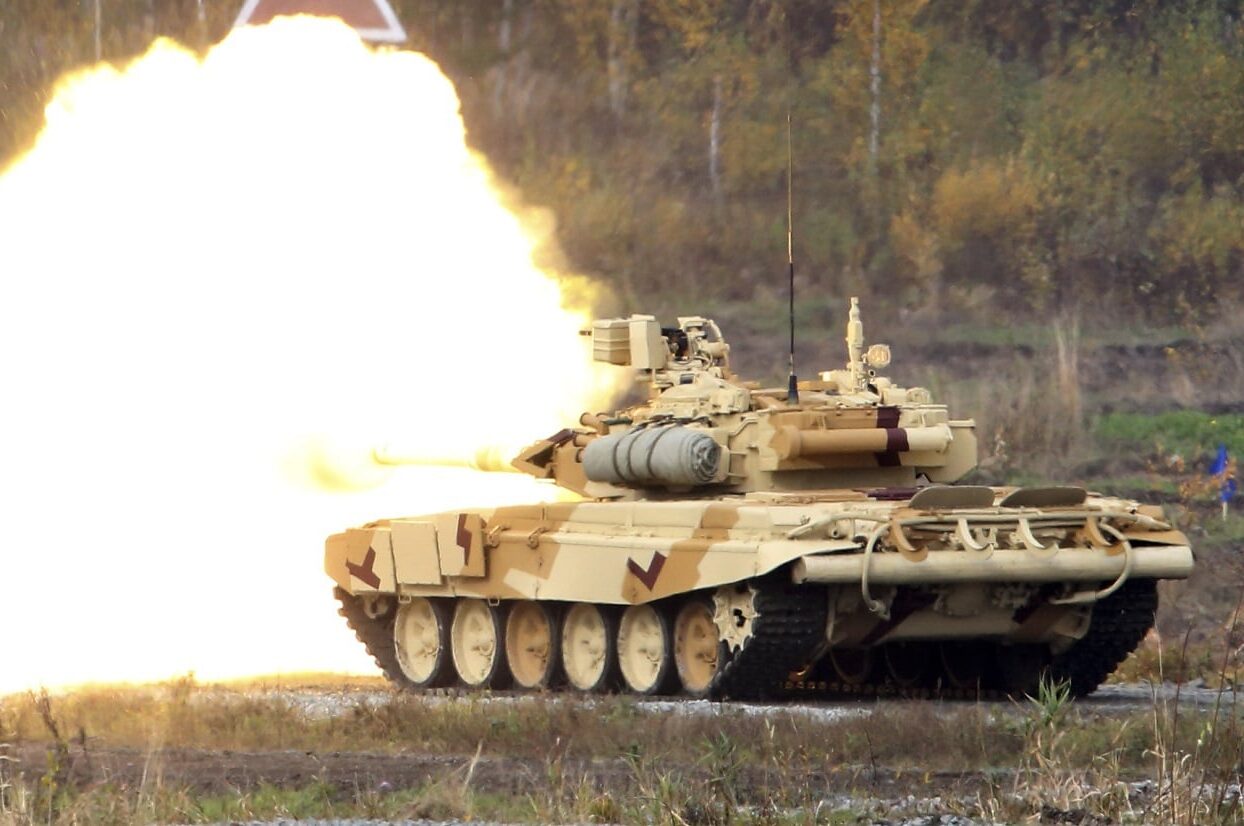Putin’s favorite mercenaries – or are they? – are never far from international headlines. The Kremlin-linked mercenary outfit Wagner Group swiftly gained notoriety in policy circles for its brutal campaign to take the town of Bakhmut in Ukraine, as well as its resource smuggling and human rights abuses in African nations such as Mali and Sudan.
Now U.S. officials are saying that Wagner wants to expand their operations to more countries, even as they struggle to gain ground in Ukraine.
The window for international action to stop Wagner expansion is closing, but U.S. efforts have been limited. U.S. President Joe Biden has so far held off designating Wagner as a terrorist organization, even as Secretary of State Antony Blinken directly accused the organization of undermining African security. Congress is considering anti-Wagner legislation, but has made no progress in its newest session.
The key policy dilemma for Biden is confronting Wagner without needlessly antagonizing African countries. Punishing countries that host or have not opposed Wagner is self-defeating. Biden’s new Africa strategy seeks to rebuild relations, and countering Wagner ultimately requires addressing the security gaps that lead African nations to hire the group. Destabilizing several African regions to “save” them from a private military corporation is counterproductive.
While Biden considers a terrorist designation, there are practical steps the U.S. and partners can take to degrade Wagner’s global operations.
Washington can take three immediate steps: disrupt their transportation network, ensnare them in international and municipal legal systems, and launch a substantial intelligence-sharing effort.
Restrict International Movement
Smuggling gold and other resources finances Wagner. These activities also bolster the Russian economy in a time of acute financial turbulence for their licit mining interests in Africa. Restricting their logistical network serves the dual purposes of undermining Wagner’s missions and cutting their revenue stream.
Wagner’s logistics rely on flights and shipping between Russia, Syria, Sudan, Cameroon, and Libya to maintain their African operations. Negotiating with neutral countries to deny Wagner overflight rights and prevent them from using ports like Douala for shipping would complicate the group’s ability to resupply itself and move fighters to and from deployments. Such a policy is not without precedent. Turkey, for instance, denied Russia overflight in April 2022, and this stressed Moscow’s logistics.
Use The Legal System Against Wagner Group
There are credible accusations of abuses by Wagner personnel in nearly every country they have worked in. Some organizations tried appealing to the European Court of Human Rights and other international institutions, but the U.S. and European countries do not always have jurisdiction to investigate or issue warrants, and international organizations act too slowly to make a difference in the short term.
However, encouraging governments and regional organizations with jurisdiction to issue arrest warrants and Interpol Red Notices against Wagner personnel restricts their mobility to states that refuse to comply. It would also facilitate more asset seizures and collection of material useful for network development, sanctions expansion, and future prosecutions.
Several governments are likely willing to initiate legal action. For instance, Wagner and Wagner-led forces allegedly crossed the border into Chad multiple times, prompting protestations from the Chadian government. Ukraine could also play a role by issuing arrest warrants and rallying international support for legal action against Wagner.
Formalize Intelligence-Sharing
Biden and likeminded leaders should order a sustained and collaborative network development effort to keep track of the shifting network of companies and personalities that make up Wagner. They should proactively disseminate intelligence on Wagner personnel and its organizational structure to friendly nations, and especially seek the insight of their African partners on Wagner activity. To the greatest extent possible, information on abuses by Wagner and the group’s connections to the Russian state should be shared with the United Nations Working Group on the Use of Mercenaries, the African Union, and the press to build international consensus around Wagner’s abuses. Irrefutable evidence makes it harder for Africa’s regional organizations to ignore Wagner’s pattern of abuse in their member states.
These three measures will put a dent in Wagner’s efforts, but stopping Wagner for good comes down to political will. The U.S. and its partners have the intelligence resources and policy toolbox to confound Russian PMC efforts. They also have the capability to assist African nations with the security challenges that lead African leaders to work with Wagner in the first place.
The question is whether Wagner’s theft of resources in Africa, which funds the invasion of Ukraine and enriches a narrow set of Russian elites, raises enough concern for Washington to launch a forceful effort to end Prigozhin’s criminal enterprise.
MORE: Why Putin Fears the M1 Abrams Tank
MORE: I Went to War in the Leopard 2 Tank Ukraine Wants
Marcel Plichta is a former analyst for the U.S. Department of Defense and Ph.D. candidate in International Relations at the University of St Andrews. He has written on the Wagner Group and African security for Newsweek, 19fortyfive, and Lawfare.

